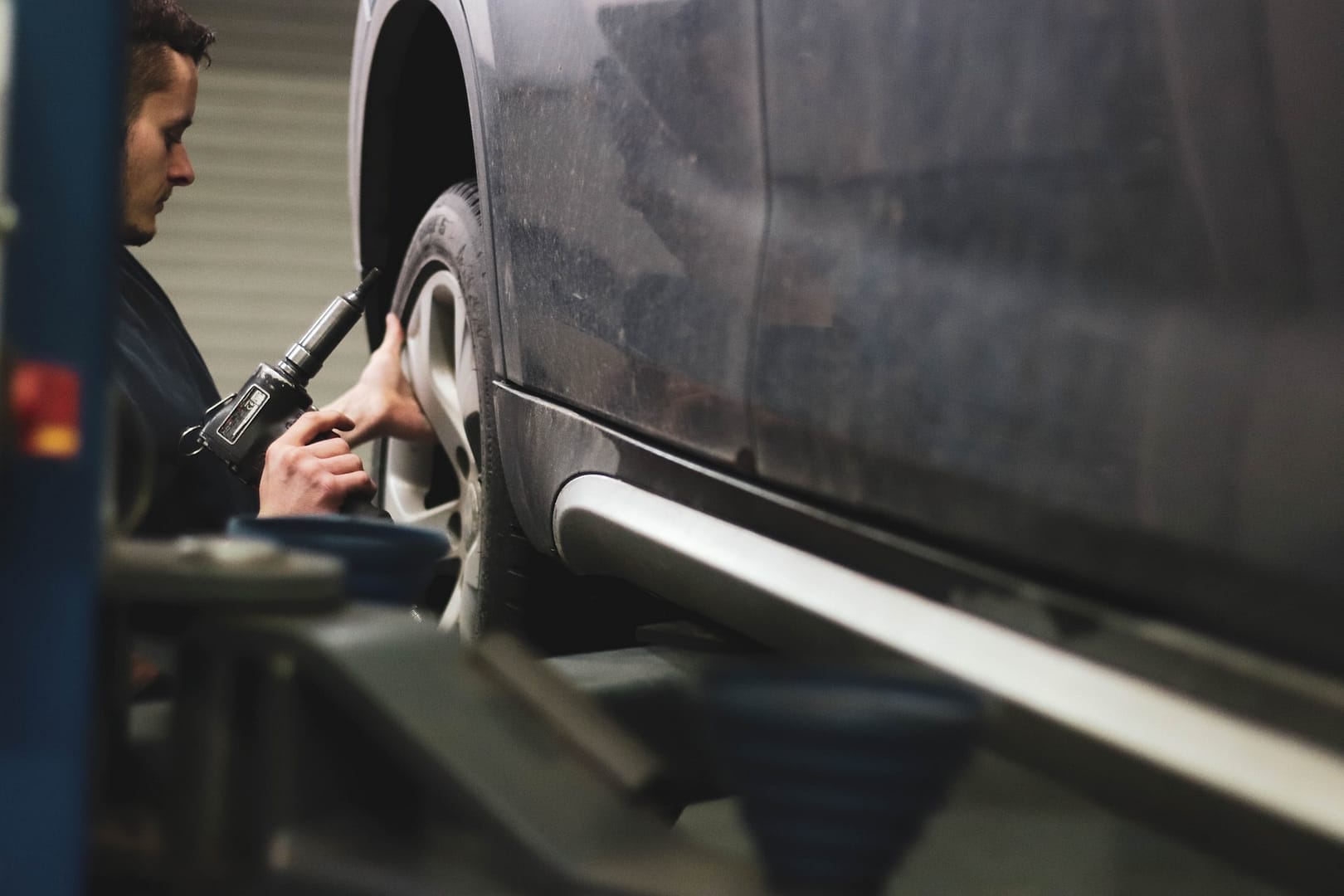Motorcycle accident hotspots in the UK have been a growing concern for riders and authorities alike, with certain roads gaining a reputation for being particularly dangerous. This article delves into the factors contributing to these accident-prone areas, examines some of the most notorious roads, and provides essential safety tips for motorcyclists. We will also highlight how you can start a road traffic accident claim.
The Anatomy of a Motorcycle Accident Hotspot
Several factors combine to create a motorcycle accident hotspot. One of the primary factors is road design. Roads with sharp bends, blind corners, or poor visibility can be particularly hazardous for motorcyclists. Additionally, road surfaces in poor condition, such as those with potholes, loose gravel, or unevenness, can cause riders to lose control of their bikes.
Traffic density and speed limits also play a significant role. High-speed roads with heavy traffic can increase the risk of accidents, especially if drivers are not paying attention to motorcycles. In urban areas, intersections and roundabouts can be particularly dangerous due to the complexity of traffic movements and the potential for drivers to misjudge a motorcycle’s speed or position.
Weather conditions can exacerbate these risks. Wet or icy roads can significantly reduce traction, making it more difficult for riders to control their bikes. Strong winds can also destabilize motorcycles, especially at high speeds.
Notorious UK Motorcycle Accident Hotspots
Several roads in the UK have gained notoriety for their high rates of motorcycle accidents. One such road is the A537, also known as the Cat and Fiddle Road, which runs through the Peak District National Park. This road is popular with motorcyclists due to its scenic views and challenging bends, but it has also been the site of numerous accidents, some of them fatal.
Another notorious road is the A23 in London, which has been identified as the most dangerous road for motorcyclists in the UK for several years running. The high traffic density and complex road layout in this area contribute to the high accident rate.
Other accident-prone roads include the A107 in London, the A483 in Wales, and the A646 in Yorkshire. These roads share similar characteristics, such as sharp bends, poor visibility, and high traffic volumes.
Safety Tips for Motorcyclists
While some roads may be inherently more dangerous than others, motorcyclists can take several steps to minimize their risk of accidents. One of the most important is to ride defensively. This means being constantly aware of your surroundings, anticipating potential hazards, and maintaining a safe distance from other vehicles.
Wearing appropriate safety gear is also crucial. A good quality helmet, jacket, gloves, and boots can significantly reduce the severity of injuries in the event of an accident. Additionally, riders should ensure their bikes are well-maintained and in good working order.
Riding within your skill level is also essential. If you’re not comfortable with high speeds or challenging bends, choose routes that are more suitable for your abilities. Finally, be extra cautious in adverse weather conditions and adjust your riding style accordingly.
The Role of Authorities in Improving Road Safety
While individual riders bear the responsibility for their own safety, authorities also have a role to play in improving road safety for motorcyclists. This can involve measures such as improving road design, increasing signage and visibility, and enforcing speed limits.
Targeted campaigns to raise awareness of motorcycle safety among all road users can also be effective. These campaigns can educate drivers about the specific vulnerabilities of motorcyclists and encourage them to share the road responsibly.
The Future of Motorcycle Safety
The advent of new technologies offers promising avenues for enhancing motorcycle safety. Advanced rider assistance systems (ARAS), such as anti-lock braking systems (ABS) and traction control, can significantly improve a motorcycle’s stability and control, particularly in challenging conditions.
Connected vehicle technology can also play a role. By allowing motorcycles to communicate with other vehicles and infrastructure, this technology can provide riders with real-time information about potential hazards, such as approaching vehicles or slippery road surfaces.
Making a Motorcycle Accident Claim with National Claims
At National Claims, we understand the devastating impact a motorcycle accident can have on your life. If you’ve been injured in an accident that wasn’t your fault, we’re here to help you navigate the complex process of seeking compensation.
Free Consultation
We offer a free, no-obligation consultation to discuss the details of your motorcycle accident. Our team will listen to your experience, assess the circumstances, and evaluate the strength of your potential claim. then we will connect you with a solicitor from our panel who will be able to assist you with your case.
No Win, No Fee
We believe in making justice accessible to everyone. Our “No Win, No Fee” agreement means you won’t pay any upfront legal fees, and we only get paid if your claim is successful. This allows you to pursue your case without financial risk.
*Customers pay up to 25% (incl. VAT) of the amount recovered towards solicitor costs and if you cancel outside your cooling off period, you may be charged a fee.
Contact us today to speak to one of our claims agents who will be able to help you get started on your claim.
Click below to see why we are one of the most trusted claims management companies in the UK.

We’re proud of our excellent customer reviews
We thrive on delivering exceptional service and ensuring our clients’ satisfaction. Don’t just take our word for it. Check out some of our independent reviews to see what our clients have to say.
Excellent

This firm is excellent, they sorted out my car pay out and injury claim very fast, they always communicate with you all the time.

My accident case was dealt with confidence and with great result of the outcome, especially James kept me informed all the time.

I was very impressed at the way my inquiry was treated. I was listened to attentively and everything I needed to know was explained to me.






